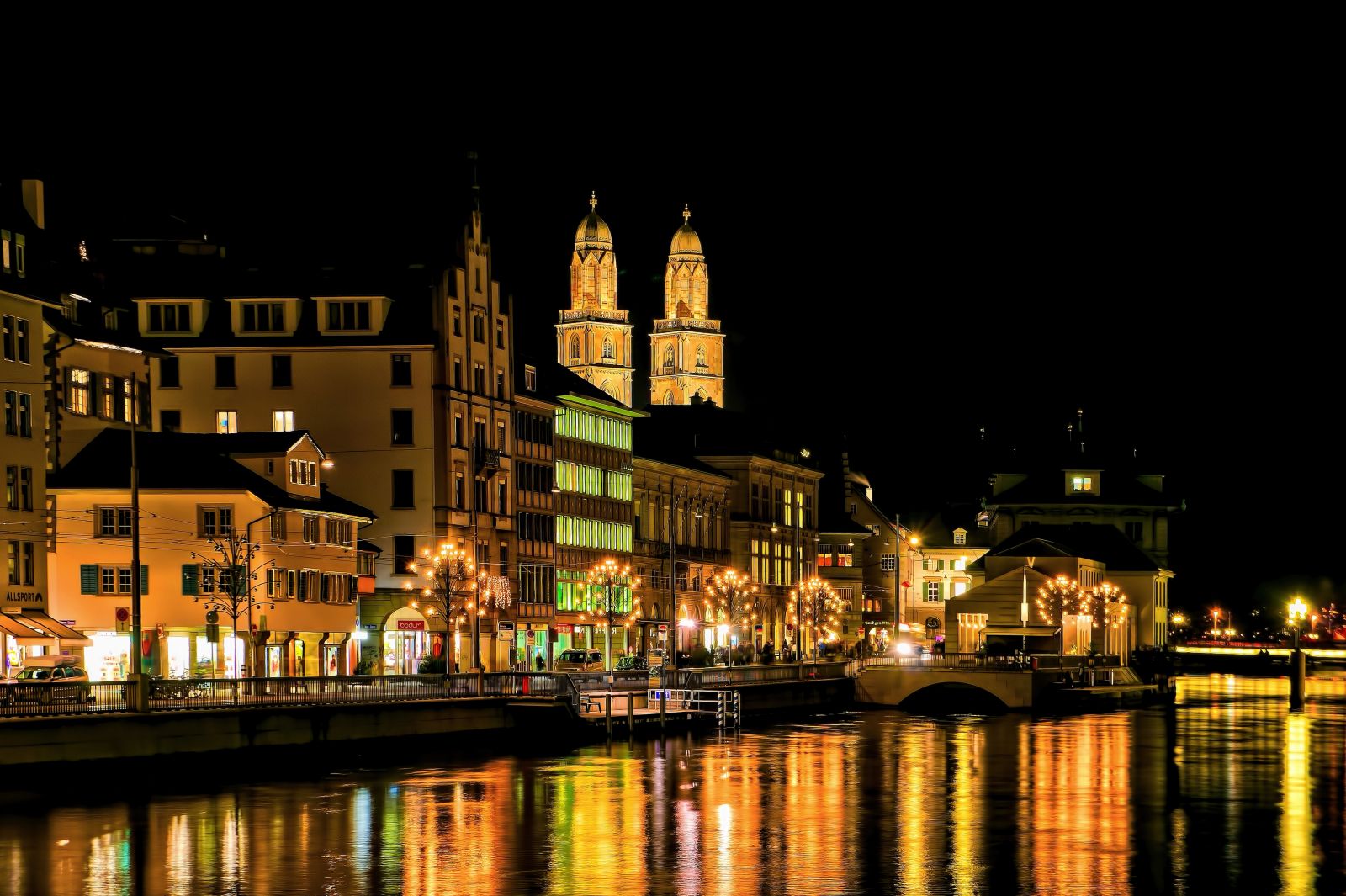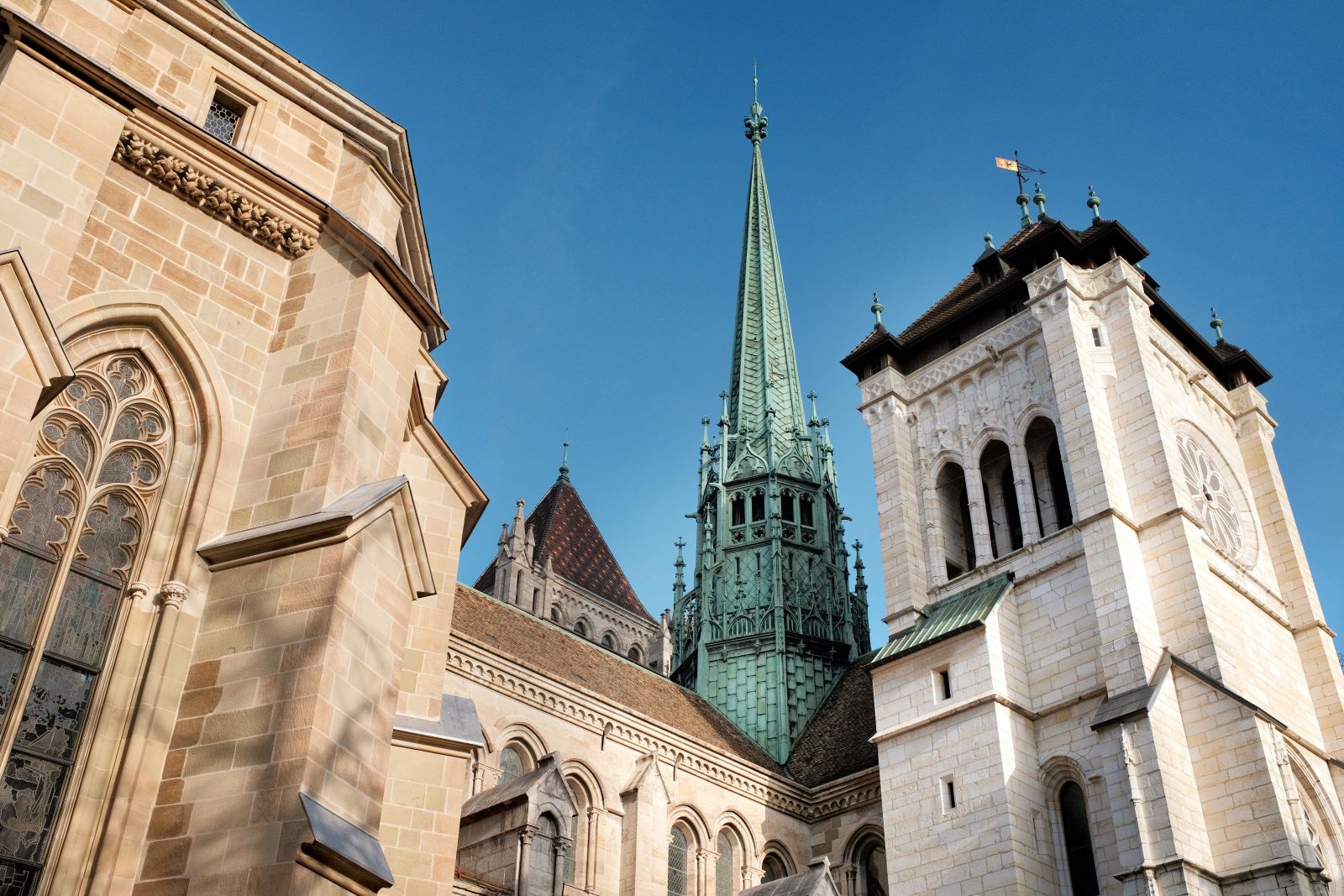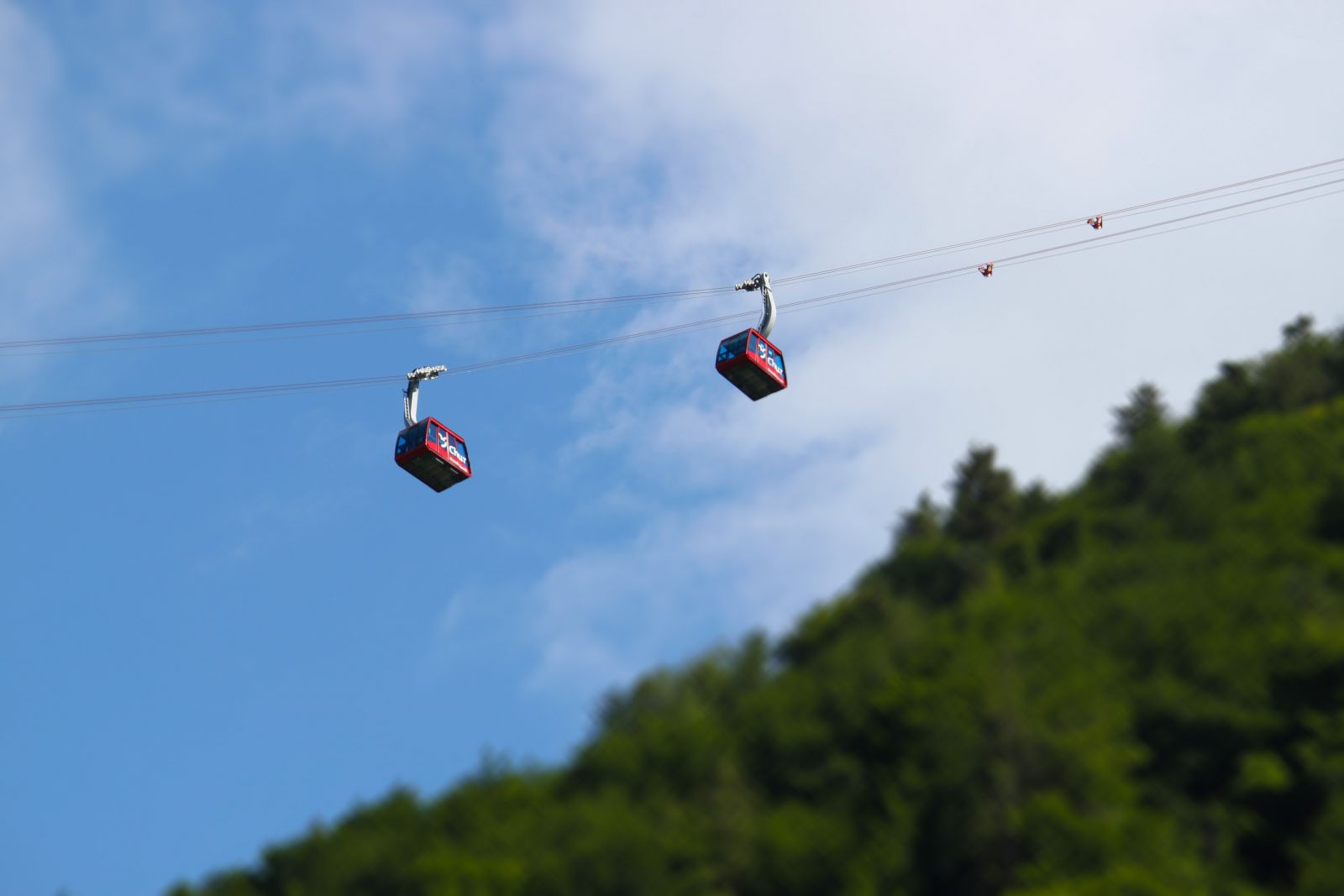IF you’re a student considering studying in Switzerland you’re going to have the opportunity to experience at least four regional cultures and four different languages, making the country the ideal place in Europe to gain a really broad experience of the cultural patchwork which makes up one of the world’s continental hubs of arts and culture.
It’s possible to travel from city to city in Switzerland and experience a whole new language, from Swiss German spoken in Zurich, to both German and French and Freiburg, to French in Geneva, Italian in Lugano and German-Rumantsch in Chur. The opportunities for exposure to a spectrum showing some of the many faces of Europe are therefore easily accessible.
So if you’re planning on heading to study in Switzerland, take a look at the information below which might help you build a plan for travel during vacation time away from your studies.

The largest city in Switzerland and the Swiss-German capital is known for its pre-eminent position among the world’s banking hubs. Befitting the considerable salaries paid to many of Zurich’s population, the city has a reputation for being one of the most comfortable cities in the world to live in – if you can afford it.
Luckily, if you’re simply passing through then the Kunsthaus is truly the city’s world-class window to the wider world. The roster of artists whose works are included in the gallery’s collection reads like a who’s who of the history of modern art: Picasso, Matisse, Rodin, Vincent van Gogh, Munch and many others of the same stature are to be found in this amazing gallery.
We’d recommend trying some of the local food, too. Flughafenbeck outlets spread across the city offer traditional Birchermuesli, and you’ll be able to find Zurcher Geschnetzeltes (veal cooked with mushrooms, onions and cream) quite easily.

Perhaps Geneva is best known for its location on the shore of the stunning Lake Geneva. But once you’ve had enough of looking out on to one of Europe’s most picturesque landscapes, what is there to do?
Like Zurich, Geneva is myopically pigeonholed as a hub for businesspeople and other banking-related activities. Like Zurich, there is an element of truth at the very foundations of this overused conclusion. Like Zurich, there’s far more to Geneva than that.
Perhaps one of the most famous attractions in the world is a short trip from the centre of Geneva. CERN, the European Organisation for Nuclear Research, is one of the world’s great sites of scientific discovery and is at the forefront of experimentation which could alter the human race forever. After all, CERN themselves describe their role as “probing the fundamental structure of the universe.”
Bearing in mind that Geneva is the main French-speaking city in Switzerland, it’s probably going to be the best place to sample some French-inspired Swiss dishes. Raclette and Swiss fondue are available all over the city and one feature of Geneva which is truly unique is the number of French-style salons and cafes.
.jpg)
Lugano has a cultural scene all of its own.
You can visit a museum dedicated to one of Europe’s greatest-ever writers and Nobel Prize winner, Hermann Hesse. Hesse arrived in the area during a personal and artistic crisis and never left.
Furthermore, the recently opened MASI (Museo d’Arte della Svizzera Italiana) has also added a huge amount to Lugano’s cultural clout as a city to bring it more in line with Geneva and Zurich. Although exhibitions of major artists such as Picasso are regularly scheduled (and there is to be Picasso exhibition this summer), the MASI is also carving out a reputation as a supporter of young Swiss artists, too.

Like the country itself, the oldest city in Switzerland combines some of the best aspects of Pan-European culture in one setting.
Set among the mountains of the Grisonian Rhine Valley, the meandering streets of the city’s Old Town combine with the stunning setting to produce a city atmosphere which is Mediterranean-like.
The beautiful Old Town of the city is the essential attraction for visitors here, but the local language is also something to behold. A linguistic descendant of the language of the Roman Empire, German-Rumantsch is unique to this fascinating area of the country.
This editorial was sponsored by Franklin University Switzerland, to find out more about their courses take a look at their profile.